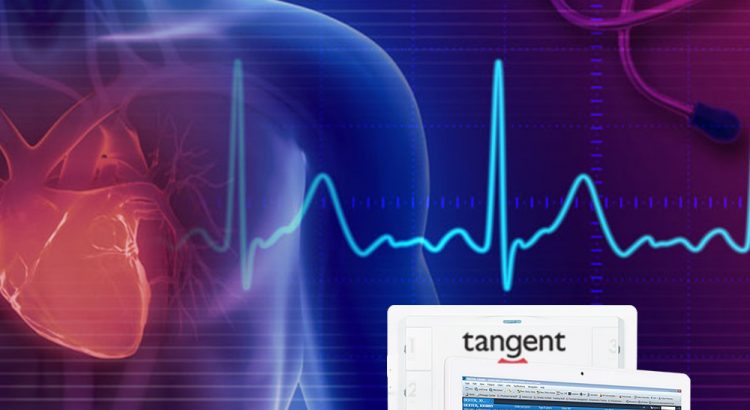When cardiac incidents occur in a hospital, every minute that passes can be a factor in whether the patient survives or not. According to Heart.org, in 2016, only about 25 percent of U.S. patients survived when their hearts stopped in a hospital. With how busy medical staff are and the amount of alerts going off […]
